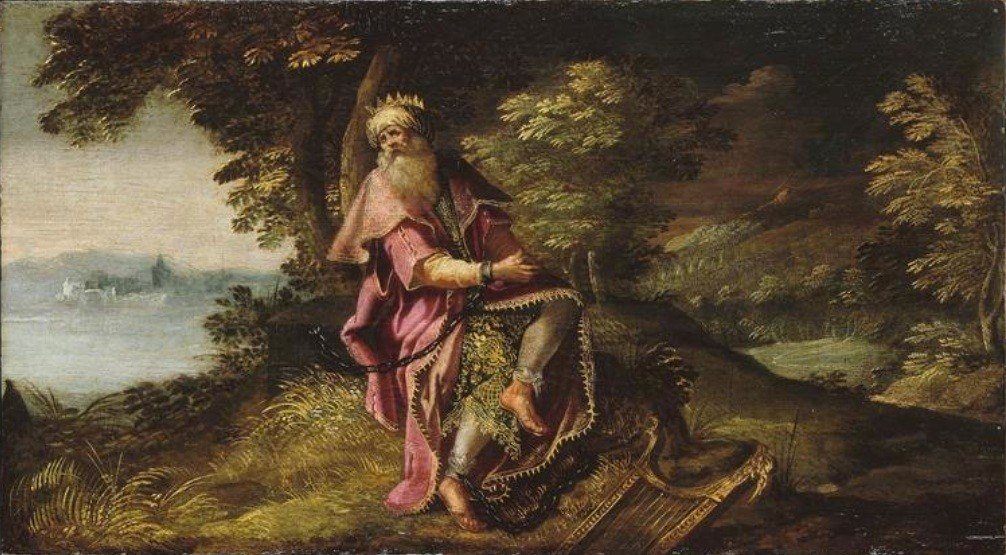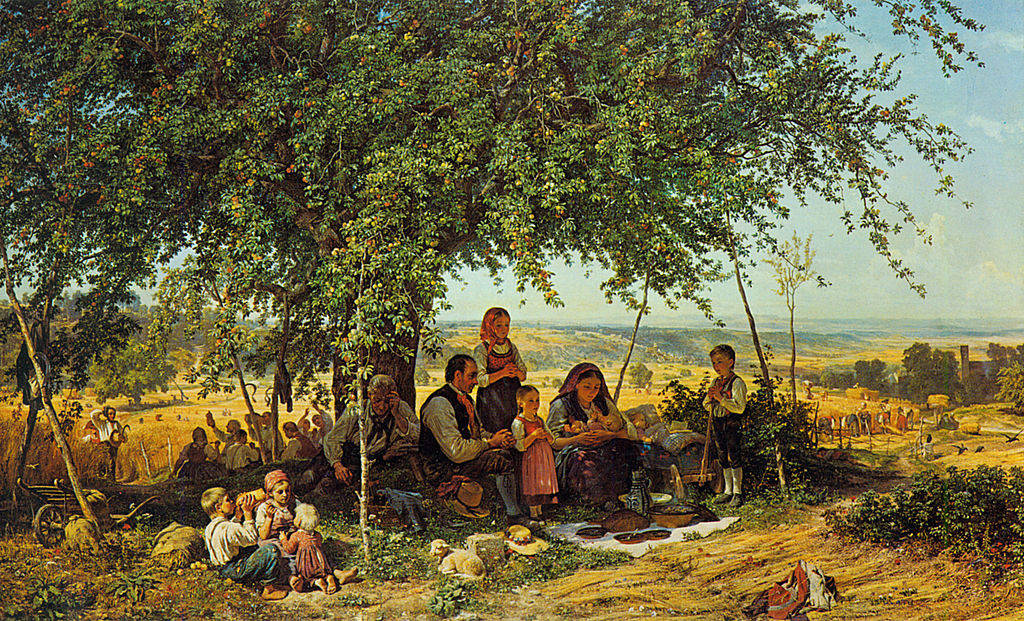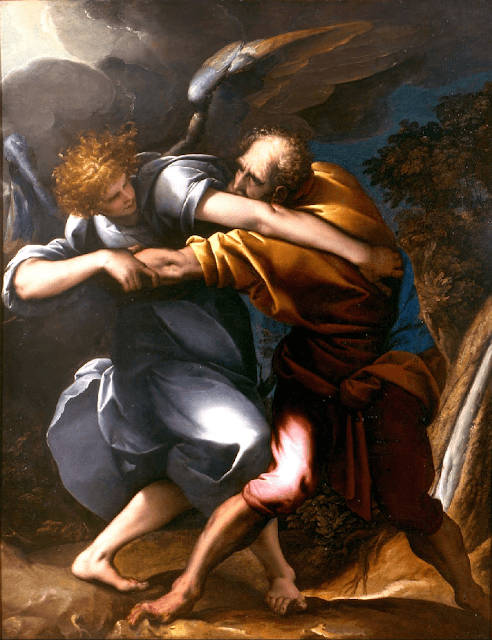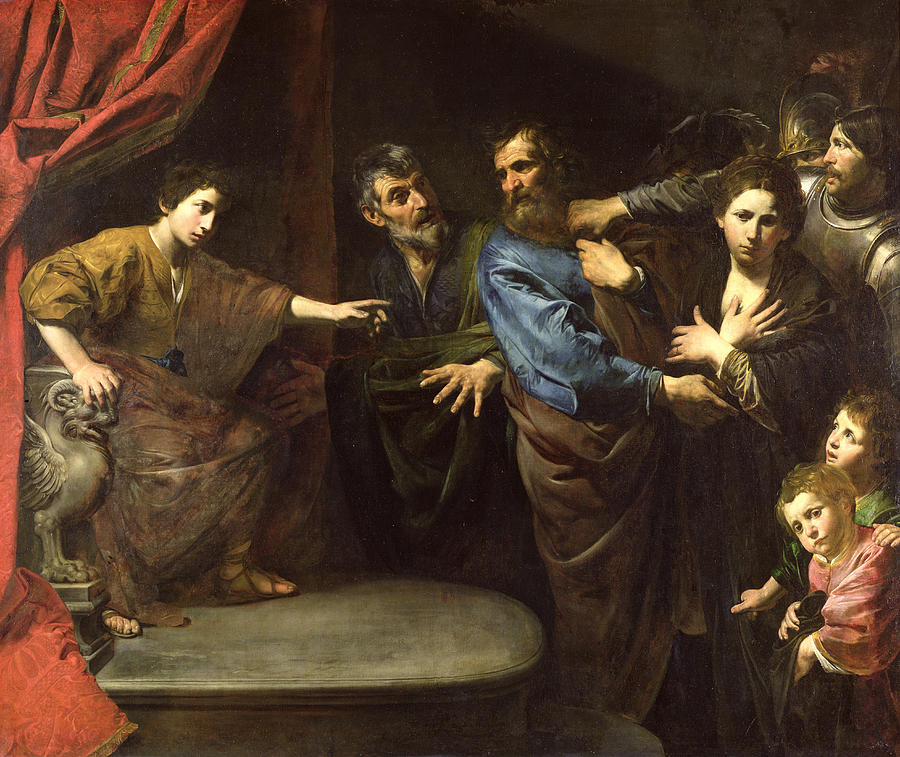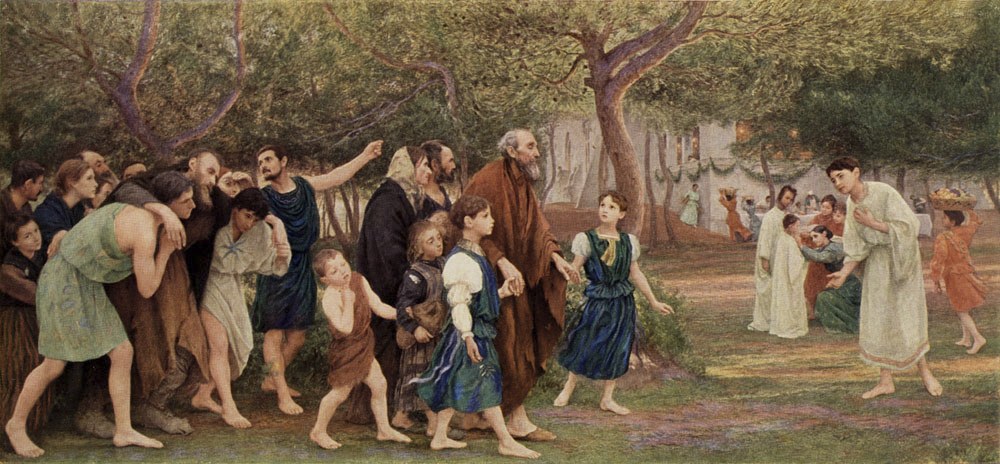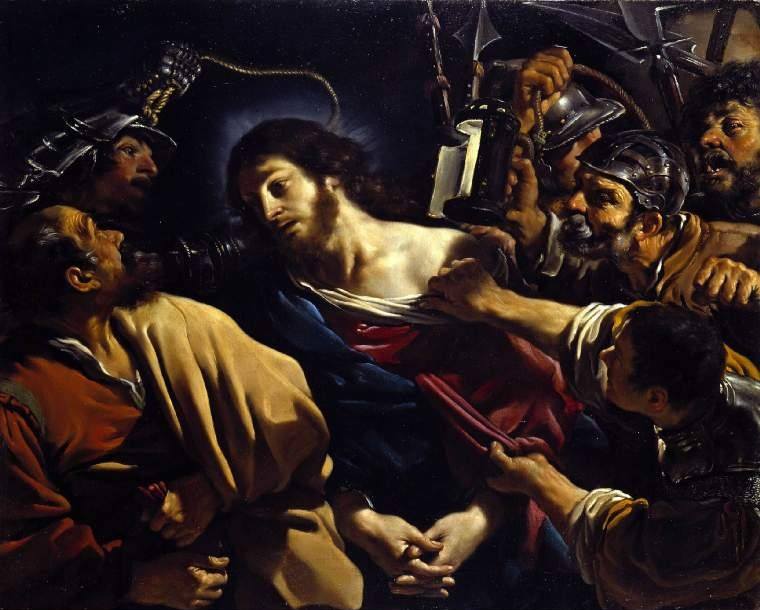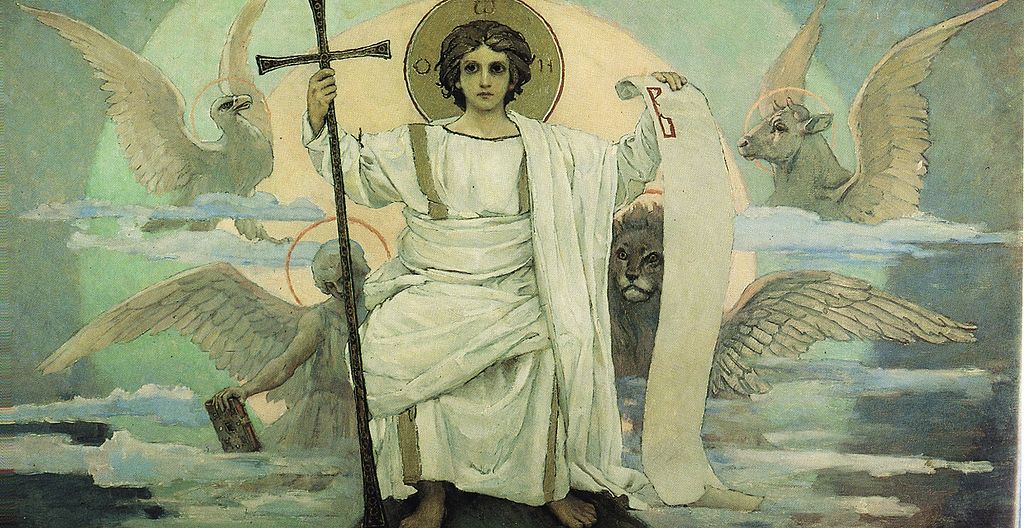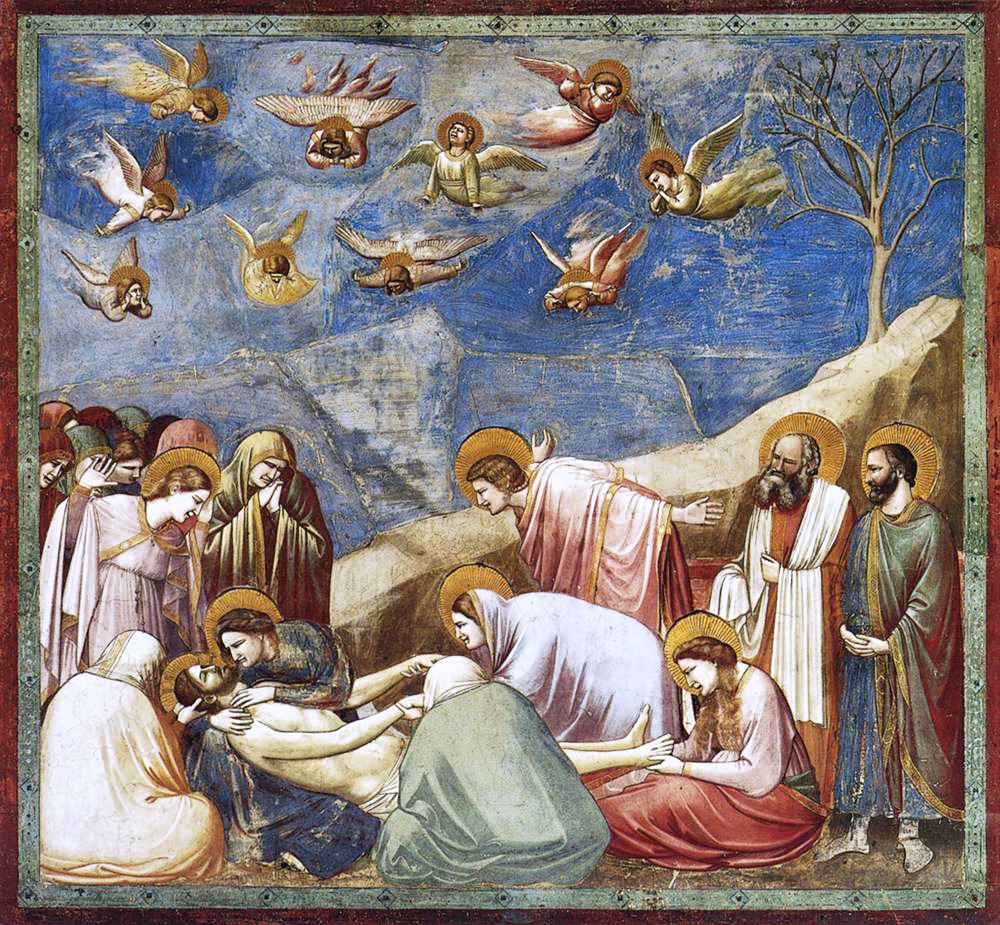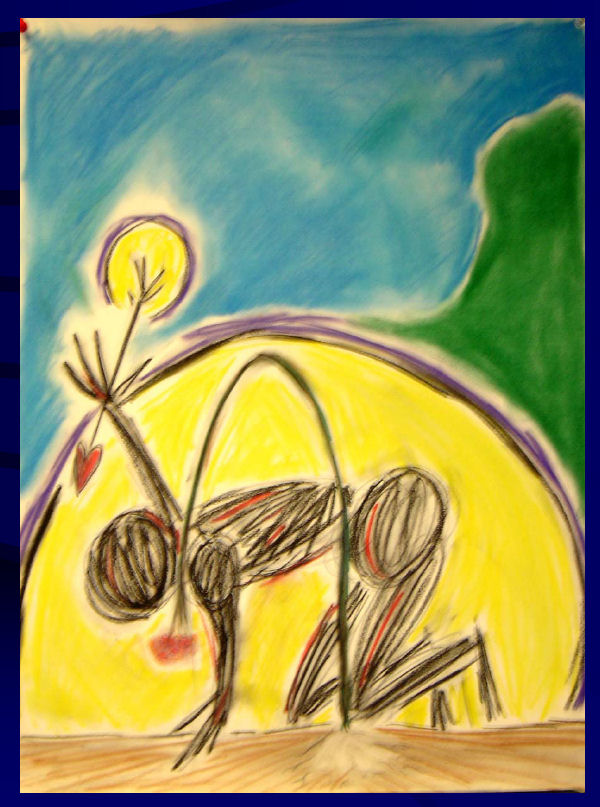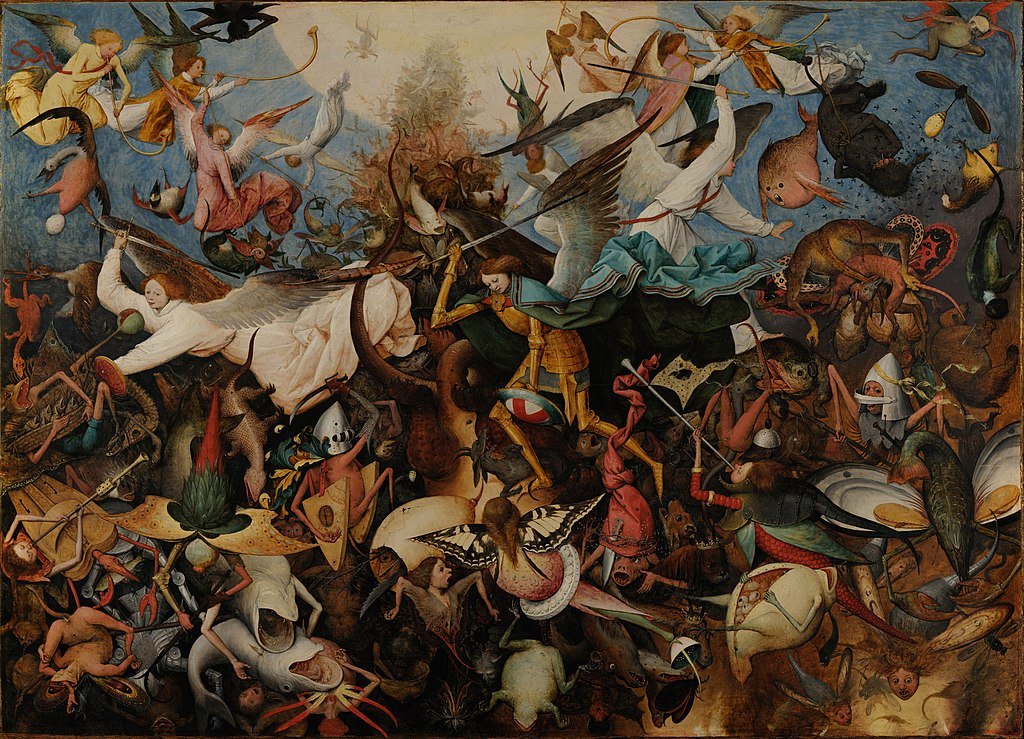History records again and again that many world leaders think they and their kingdoms will last forever. They think in some cases that their armies will rule the world indefinitely for they are the greatest of all humans. Their nation will outlive and outperform all others.
But what is it that builds a nation? What are the ingredients that build a nation to be kind, generous, strong, and looking after the people that inhabit it? And what are the ingredients that destroy a nation? Second Chronicles 32 & 33 offers us a little insight into these important questions.
Manasseh was born 700 years before Christ and came to the throne at the age of just 12. His father Hezekiah was a good king, in that he built up the kingdom of Judah in the ways of God. We are told that “he did what was right in the eyes of God.” Hezekiah had woven into the fabric of Judean life the standards and values of Almighty God including the Ten Commandments. And because of this God was with him.
Manasseh, his son, was brought up in the faith from birth. He would have known the ways of God, the Scriptures and the Ten Commandments. But instead of following in the ways of his father, he followed in the wicked ways of his grandfather, Ahaz. Isn’t it profoundly sad when a son, or for that matter a daughter, chooses to abandon, and turn away from the faith of their parents? All those years of setting an example, bringing them to church, Sunday School, and praying for them, seemingly come to nothing.
Manasseh, during his wicked and godless reign of 55 years, successfully carried out three things to good effect. Number one, he obliterated the godly principles on which the nation was founded. Second, he encouraged and accelerated the growth of heathenism by allowing any form of godlessness to grow and prosper; Third, he instituted the persecution of the prophets; they were muted or killed. These are the things that destroy a nation.
Is it possible for one person to lead millions into untold evils? Yes, it is. Just one person, armed with an ideology can lead millions into untold evil. Manasseh did it. And he did it for a very long time. Of course, we don’t need to go back as far as Manasseh to see the evidence and outworking of systemic godlessness.
Josef Stalin was once a young man preparing for the Russian Orthodox Ministry. During training as a priest, he abandoned his faith to lead Russia on a purge where his Marxist regime slaughtered upwards of 20 million of its own people. To slaughter 20 million in the biggest country in the world, you need a lot of people to believe and implement your idealogy.
It was a Marxist philosophy with the core belief that there is “no God.” Stalin’s regime told the people a lie and brutally reinforced the lie. He and his regime lied and suppressed the truth. He and his cohorts denied people the truth. He systematically replaced the traditional orthodox belief by instituting Marxism. Marxism or the state would provide for and look after the people, from the cradle to the grave; Not God. God played no part in a person’s life or the state’s life.
On his death bed in 1953; as he lay dying, he raised a defiant clinched fist towards heaven. He died unrepentant. How did one person manage to lead millions into untold evil? Well, in days gone by, when many of the masses were illiterate and uneducated, people did not know how to think for themselves. In many ways they were easily led. The serfs or peasants were unable to think with logic and reason. Chairman Mao leader of the Communist Party in China had a similar approach as Stalin only he managed to murder around 50 million of his own people during the 1950 and 1960 purges.
It was Adolf Hitler, another tyrant in the same mould who said, “if you repeat a lie often enough it eventually becomes thought of as truth.” He started off by blaming the Jews for all of Germany’s woes and then justified it by gassing 12,000 a day.
Brainwashing people with ideologies is nothing new. Many influential people today clamour and exert pressure for the removal of any boundaries, any restraints, for a decent society to exist and any moral absolutes. Moral absolutes are seen as restrictive and abhorrent. The prevailing culture, mainly through education systems, are systematically brainwashing young, impressionable people into believing a lie – that there is no God. There is no such thing as sin or judgement, therefore, there is no need for salvation.
In the very beginning, God placed Adam in the garden of Eden and told him, “You are free to eat from any tree in the garden, but you must not eat from the tree of the knowledge of good and evil.” There was a restraint, a prohibition placed upon him. If you disobey, there will be consequences.
GK Chesterton said, “Before you tear down a fence, you need to ask first, why is the fence there in the first place?”
One of the ways a nation’s morality can be measured is by how it treats the weak and vulnerable, particularly the elderly and children. How are we treating the elderly in care homes and those isolated in various communities? Is it a level playing field compared with younger sick patients in hospital?
How are we treating our children? What are we doing to the lives of thousands of unborn children killed in the womb for no other reason than that in the vast majority of cases it is inconvenient for the woman? No thought is given to a perfectly healthy child. The NSPCC reports 1 in 5 children in Britain have suffered some form of severe maltreatment, which includes all sorts of serious abuse.
Manasseh destroyed the godly principles on which the nation of Israel was founded – God’s law. He actively encouraged the growth of heathenism, allowing all godless beliefs to flourish; and he brought about the persecution of the prophets. He shut the prophets down. It was a three-pronged attack with the sole aim of removing any trace of God from society. Manasseh worshipped Molloch, who required new born babies as living sacrifices. As the babies cried out the priests beat their drums louder to drown out the cries. Disposing of babies as a commodity to be killed marked where the nation was. It can’t go much lower.
Where a nation is encouraged to live life without any restraints, where there are no boundaries, no absolutes, no sense of personal responsibility – everyone suffers. In particular the innocent, the unborn, and the vulnerable.
The depravity reached a new low when Manasseh even offered his own sons in the fire of Gehenna outside Jerusalem. Once you begin tearing down the things of God, you build up the things not of God, because the void has to be filled by something. As GK Chesterton reminds us, “When men stop believing in God, they don’t believe in nothing, they believe in anything.” With all sin, wrong doing gives way to further wrong doing. It gets to a point where a person loses any sense of identity and sacredness.
Anthony Bourdain was a 61-year-old celebrity chef, who had it all. Money, fame, and food. In fact, he described it as the greatest job in the world. Yet in June 2018 his body was found in a Paris hotel room; he had tragically taken his own life. It was disclosed that he had been a heavy drinker and a heroin/cocaine addict most of his life.
A couple of years before his death, a member of the audience in one of his many TV shows asked him, “How could I get your job?” He replied; “Drop out of college, don’t concentrate, and do a lot of cocaine and heroin.” That was the helpful answer he gave to a young fan. Bourdain also said that he used his body as a play thing over the years.
In contrast, we have comments of the Apostle Paul on how we use our bodies: “Flee from sexuality immorality. All other sins a man commits are outside his body, but he who sins sexually, sins against his own body. Do you not know that your body is a temple of the Holy Spirit who is in you?”
Two very different thoughts on how we use our bodies.
If a person violates the laws of God, he violates himself; and, sadly, the world actively encourages you to do just that. It’s all a bit morbid, isn’t it? But it’s happening all around us. Look at the evidence. There is no Utopia, as many idealists think, round the corner. Man has dreamed of this since the debacle of building the Tower of Babel (Genesis 11). Let’s ditch the negative and concentrate on what are the things that build a nation to be kind, generous, just and protecting of its people and others.
In fact, a lawyer in Luke 10 knew the answer. He told Jesus, “You shall love the Lord your God with all your heart, and with all your soul, and with all your strength, and with all your mind; and your neighbour as yourself.” Whatever we do and however we live our lives in any nation, it must begin and end with God. We give him our all; we live for him. The impact of this will greatly affect for the good how we see, understand and relate to others who live alongside us and beyond. When God brought the Israelites out from slavery in Egypt, he made it abundantly clear to them that when they obeyed his commands and precepts, he would be with them and things would work out well for them. The new nation would be a peaceful, wealthy and prosperous one.
But once they disobeyed him and chased after the idols and gods of other nations, they lost God’s special protection and blessing. Much of Deuteronomy speaks of God’s dealings with this new “nation.” The American film actor Denzil Washington recently released a video where he speaks about his faith in God and “Putting God First.” Something he says he has sought to do for most of his life. Life is relational. The strength and stability of any nation depends on our understanding of God as revealed in his word to all people.
In it, God tells us how to stop and prevent wars, how to solve problems, how to deal with sin and wrong-doing, how to avoid wrong choices, and be reconciled to others. How to deal with things we are drawn to we know are wrong.
How strange it is that the majority of people try to live their lives without the Bible. They wonder why their marriages fail, their bodies are in trouble, their minds are in turmoil, why they move from one mess to another mess, why they keep on making bad choices. And society suffers as a result.
William Wilberforce, Mother Teresa, John Newton, Martin Luther King Junior, Florence Nightingale, Michael Faraday, Billy Graham, Isaac Newton – like Abraham were friends of God who understood him as revealed through Scripture. All influenced the lives of many for good and thus the peace and prosperity of the nation.
What about this wicked man Manasseh? What happened to him? God often allows a nation to hit rock bottom morally and spiritually before He acts. And before God acts, He always warns. That’s why He sent the prophets time and again to Israel to warn them. In His great mercy He gives people a chance to turn away from their sin, and turn towards Him. When we see the lawlessness, the contempt for God abounds today; God is very much aware of what is happening. He is not blind or incapacitated to do something about it. It’s just a matter of His time before He acts. And act He will.
It was the same with Israel and its people. We are told, “The Lord spoke to Manasseh and his people, but they paid no attention.” The nation had become so God-resistant they did not want to know, they weren’t interested. God brings judgement on the nation because, He has a right to do so; He has the right to bring judgement on any nation on this planet; because “the earth is the Lord’s and everything in it, the world and all who live in it.”
God brings a foreign army, the Assyrians, against Israel. Manasseh is captured, shackled and brought to the Assyrian capital Babylon, where he is held as a prisoner. Manasseh gets a touch of his own medicine, being led about with a hook in his nose, and the people laughing at him. If we are honest with ourselves, we are probably thinking and hoping that God will destroy this wicked man in much the same way he destroyed the lives of countless others.
Be amazed to know that Manasseh repented of his wickedness and turned to God. What an amazing turnaround. Is this the same man? How could a perverted, worthless, evil, individual comparable to the likes of Stalin come to believe in God? The answer is through God’s grace. Grace is undeserved merit. No human being deserves God’s grace but through his mercy his grace is freely given to all, including someone like Manasseh. Despite what he did, the terrible crimes he committed, the killing of little children, God through His grace and love for this wretched individual still gave him an opportunity to turn from his wicked ways; which he did. Manasseh had sunk so low; he knew that he needed God more than anything else. God not only forgave him, He gave him a new heart, a new purpose, and a new life.
Tragically the damage was done to a nation after 55 years of systematically destroying any remnant of what was sacred and encouraging the growth of paganism, and persecuting the godly. Judah would not recover. It would take someone else to come and lead the nation in the ways of God. And God had already a young Josiah in place. Josiah would lead the nation back to where it should be. It just takes one person to lead a nation into untold evil; or, lead it to receive God’s blessing.
Alan Wilson is a retired Presbyterian minister, who lives in Northern Ireland.
The featured image shows, “King Manasseh in exile,” by Maerten de Vos; painted ca. 1550-1603.
